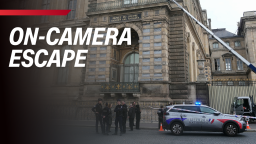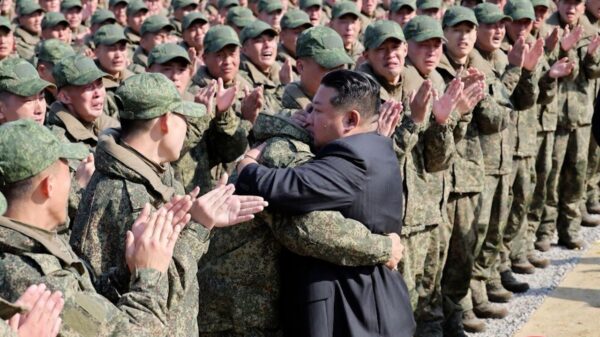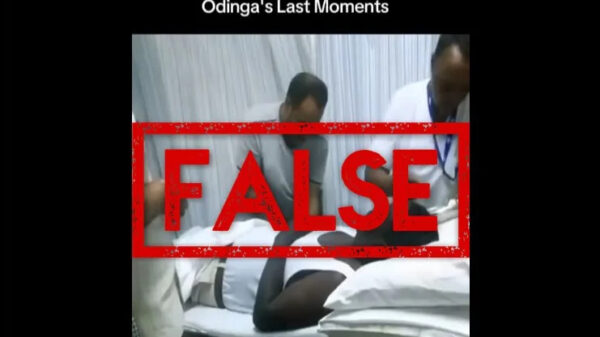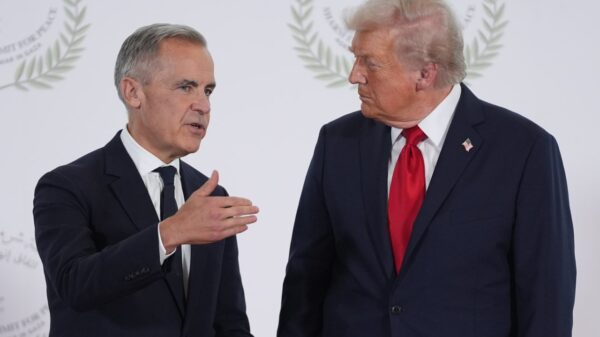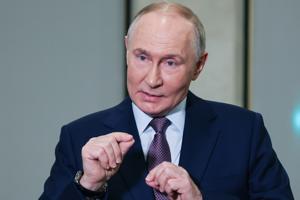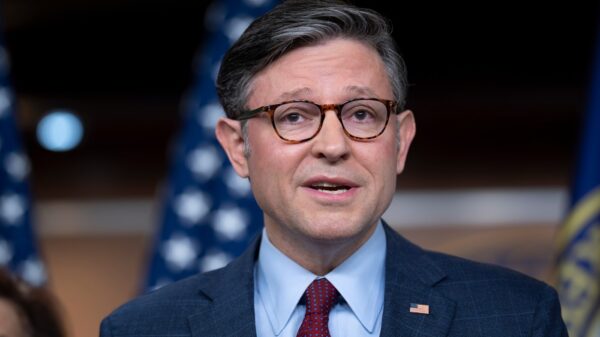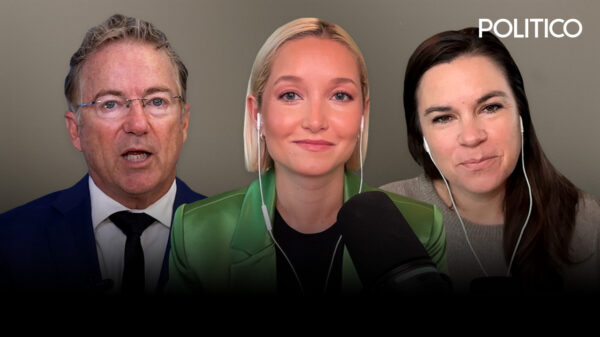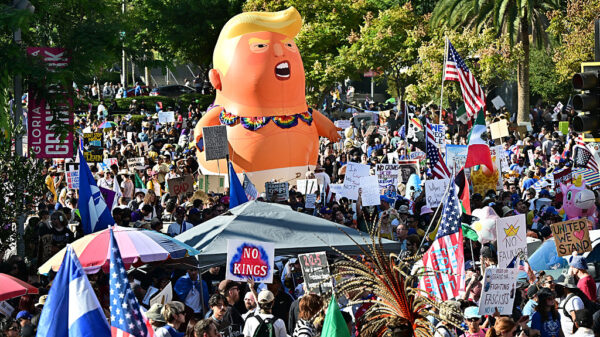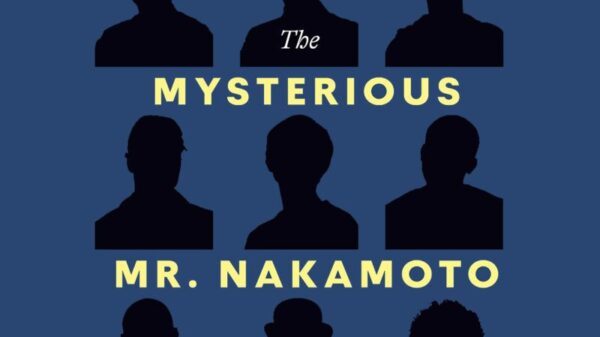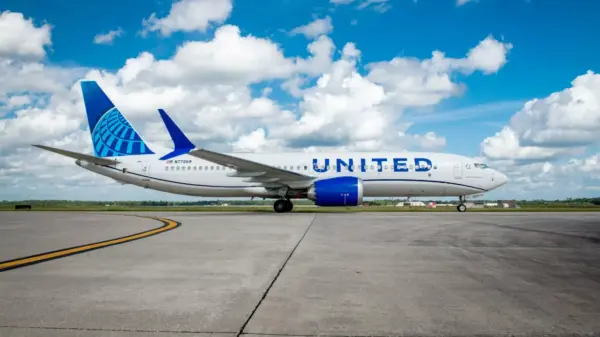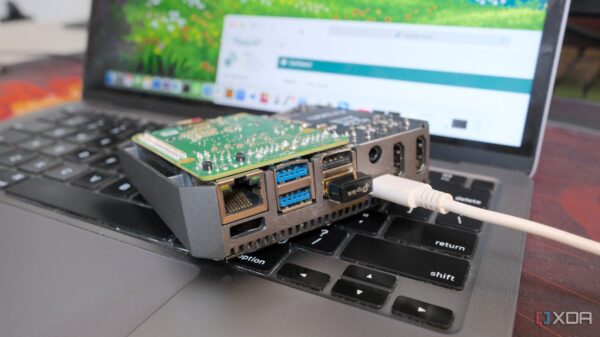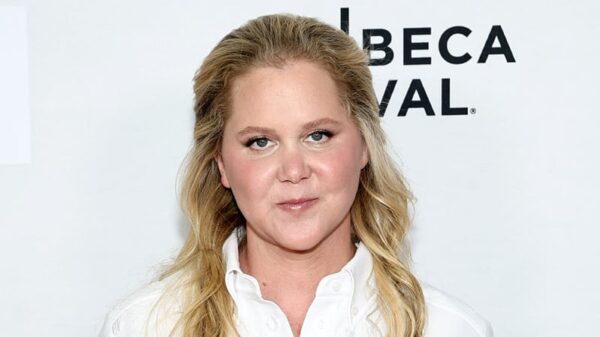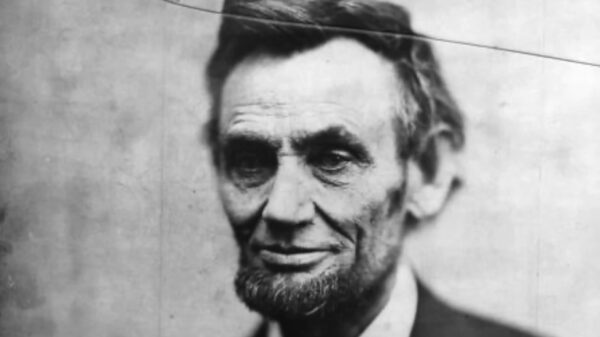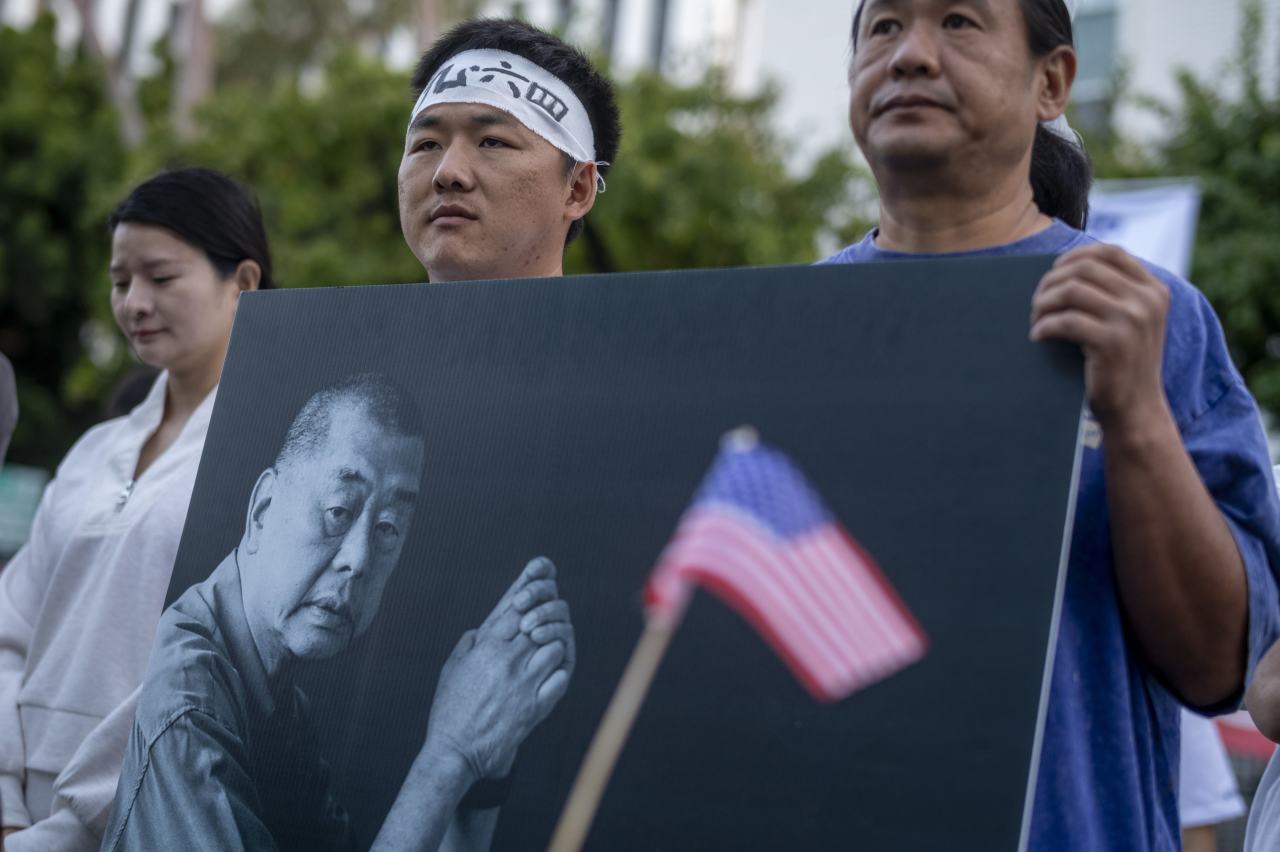The ongoing prosecution of Jimmy Lai, a prominent pro-democracy publisher, continues to raise significant concerns regarding the future of freedoms in Hong Kong. The 77-year-old founder of the now-defunct Apple Daily has spent another summer in prison, with his trial under the National Security Law drawing international scrutiny and condemnation.
As Lai’s case unfolds, it poses a substantial threat not only to his personal liberty but also to the reputation of both Hong Kong and China on the world stage. Critics argue that the handling of this trial could further alienate the city from its traditional allies and tarnish its image as a global financial hub.
The implications of Lai’s prosecution extend beyond his individual plight. The United Nations has expressed concern over the erosion of civil liberties in Hong Kong, emphasizing that the trial represents a broader crackdown on dissent. Lai’s imprisonment has become a symbol of the ongoing struggle between pro-democracy advocates and the authorities in a city once viewed as a beacon of freedom in Asia.
International observers are closely monitoring the situation. Many argue that the Hong Kong government’s actions could deter foreign investment and impact international relations. The trial is seen not only as a legal proceeding but also as a measure of the Chinese government’s commitment to maintaining its grip on Hong Kong while navigating global criticisms.
As Lai remains behind bars, the world watches intently. The outcomes of this trial may redefine the region’s political landscape and influence how other nations engage with Hong Kong. With the international community advocating for a more transparent legal process, the pressure mounts on Hong Kong to find a path that respects human rights and reinstates its once lauded status.
The repercussions of this case are extensive. Experts warn that if the situation does not improve, it could lead to significant economic consequences for Hong Kong, impacting its attractiveness as a business center. The tension surrounding Lai’s treatment in custody and the judicial process is emblematic of broader issues affecting the city’s governance and its relationship with the mainland.
In conclusion, while Jimmy Lai’s personal situation is dire, it serves as a litmus test for Hong Kong’s future. The outcomes of his prosecution will likely resonate well beyond the courtroom, influencing both local and international perceptions of the city and its governance. As the legal proceedings continue, the urgency for a resolution that respects human rights and restores the region’s reputation becomes increasingly critical.

